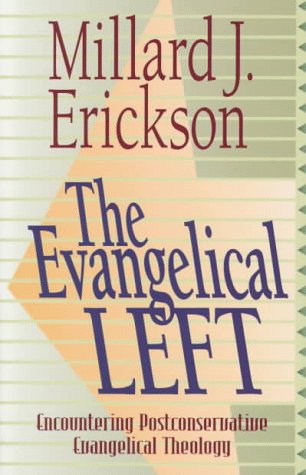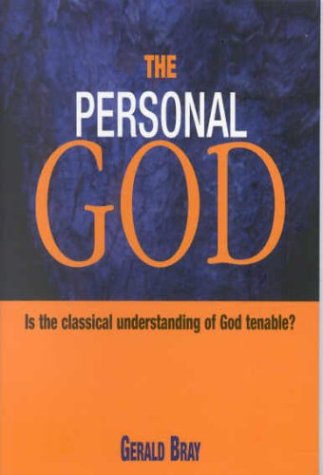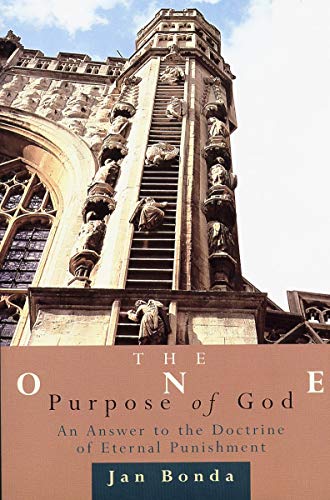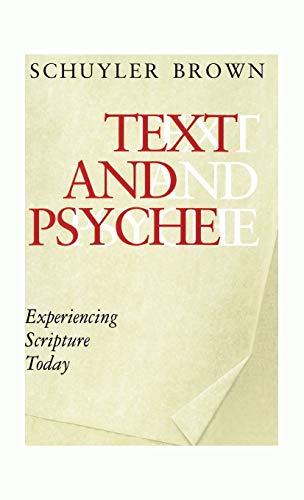God and the Biologist: Faith at the Frontiers of Science
Written by R.J. Berry Reviewed By Norman FraserRichard Dawkins may, by bluff and bluster, attempt to convince unsophisticated readers that only a pea-brained numbskull could regard science and theism as anything other than implacable foes, but the existence of highly visible, scientist/Christians like R.J. (‘Sam’) Berry overturns his case. Berry is an ecological geneticist, who since 1974 has been Professor of Zoology at University College London. Throughout his career he has unstintingly argued that science and religion—specifically, biblical Christianity—provide complementary descriptions of the same reality. It is a theme he returns to in God and the Biologist. Both the Book of Nature and the Book of Scripture have God as their author, and the reverent study of each will provide the believer with opportunities to learn more of God and to worship him better.
This book is more of a personal testament than Berry’s earlier works. It is part autobiography, part introduction to science and faith issues, and part polemic. The autobiographical material covers Berry’s own conversion the year after his father’s suicide. ‘The explanation of the New Testament events was intellectually satisfying and blindingly obvious.’ He draws an interesting parallel between his reaction to the gospel and Thomas Henry Huxley’s response on first reading Darwin’s Origin of Species: ‘How stupid not to have thought of that oneself, (4). From Cambridge, he proceeded to further study in London. But the path into a research career was not well signposted for evangelicals, and a career in biology was understood to be a particularly dangerous choice. The young Berry struggled to reconcile the mismatch between prevailing views about appropriate careers for Christians with his own gifting. ‘Looking back, it took me some time to accept that I was in a place that God had prepared for me’ (5).
Much of the book is arranged around three case studies, corresponding to some of the main themes of the author’s career: evolution, human life issues, and environmental ethics. Each study presents useful material and observations, with many insights drawn from Berry’s personal involvement in the formation of public policy by government, international bodies and the Synod of the Church of England.
Perhaps it is the author’s experience of a lifetime of having to answer the absurd charge that ‘Christian biologist’ is an oxymoron that accounts for this otherwise engaging book’s tendency to overstatement. For example, he refers to ‘the fact of evolution’ (36), quotes with approval Richard Lewontin’s specious assertion that ‘it is time for students of the evolutionary process … to state clearly that evolution is a fact, not a theory’ (37), and himself criticises those who describe it as ‘only a theory’. This, he asserts, ‘betrays an ignorance of scientific language’. According to Berry, ‘a theory in scientific language is an established interpretation of facts and is thus quite different from the speculative rationalisations which are called theories in detective novels.’ This is generally true, except in the case of origins science, such as (macro-) evolutionary theory, which uses precisely the same methodology of ‘speculative rationalisation’ as is used in crime detection. Evolutionary theory may be the most popular current theory of biological origins, but to suggest that it has attained a status beyond fundamental revision serves no-one.
Berry’s certainty in reading the evidence for evolution is in marked contrast to his reading of the early chapters of Genesis. Having discussed four different understandings of these he says, ‘All these interpretations are possible … What is important is that they are interpretations … It is wrong to be dogmatic.’ (43) This confidence in science set against a more cautious approach to the Bible deserves to be given more attention than it receives.
Berry is a key figure in the formation of public policy on human life issues, sitting as a member of the UK Human Fertilisation and Embryology Authority which licences research projects and fertility clinics to work with human embryos. In Berry’s view ‘the evidence is against the proposition that life begins at conception’ (76). This enables him to assent to the use—and disposal—of early embryos in research and infertility treatment. This pragmatic conclusion sits uncomfortably with his admission that ‘if we are honest, we need to be agnostic about the relationship between God and early embryos. He may be involved with and overseeing every fertilised egg, but … the balance of probability is against it’ (73). I would have liked to see some justification of how it is possible to licence embryo research when it is admitted that God ‘may be involved with and overseeing every fertilised egg’. Is this another instance of scientific certainty winning over theological caution?
The section on environmental ethics provides a useful overview, though readers of Luke 20:9–19 will be surprised to learn that ‘it speaks … of [the wicked husbandmen’s] task of straightforward environmental management; their poor stewardship was firmly and massively judged’ (117). Surely the only basis of judgement in the passage is the rejection of the owner’s authority and the murder of his son. The subject of environmental management is not even alluded to.
This is a thought-provoking book, dealing with hugely important issues. But in its more polemical passages this reader found himself asking which takes precedence, science or theology, and observing with uncomfortable regularity, methinks he doth protest too much.
Norman Fraser
Leicester







